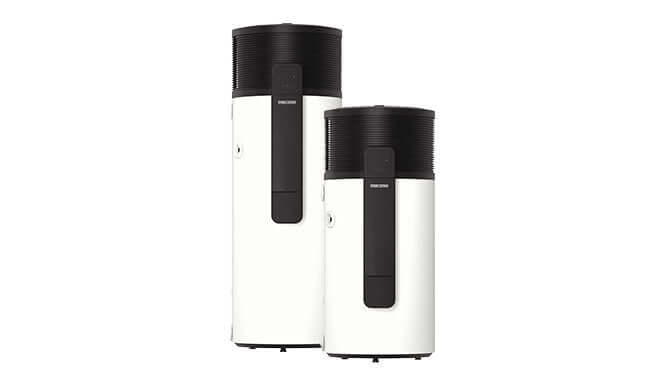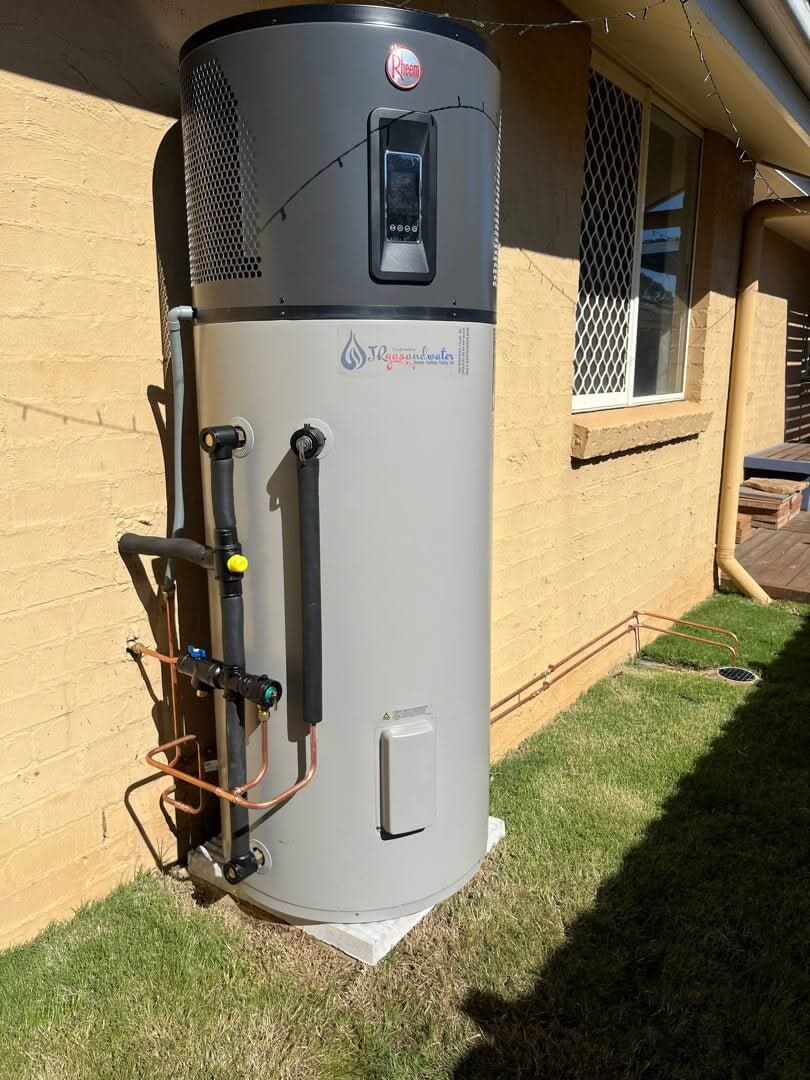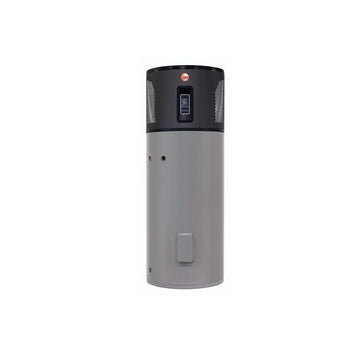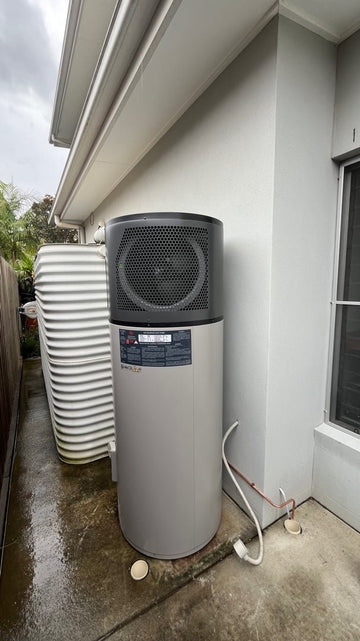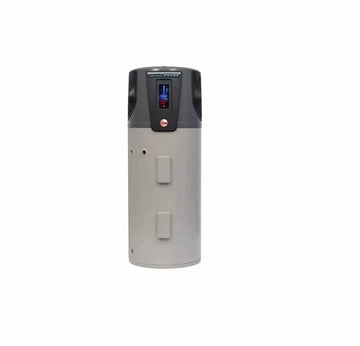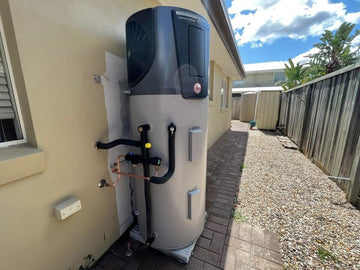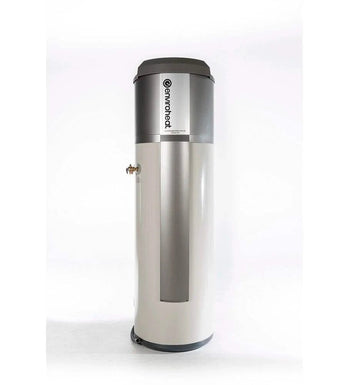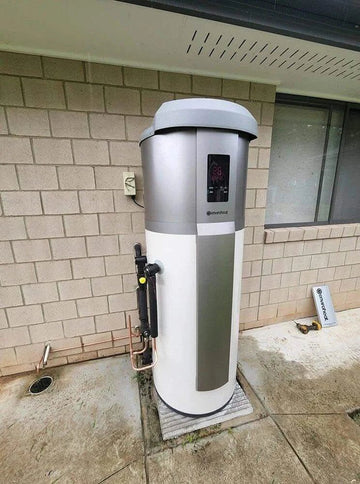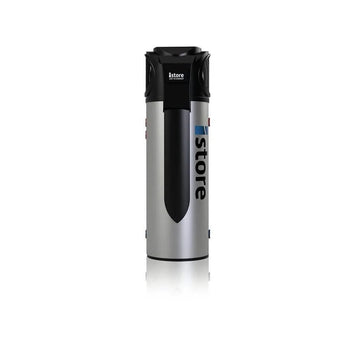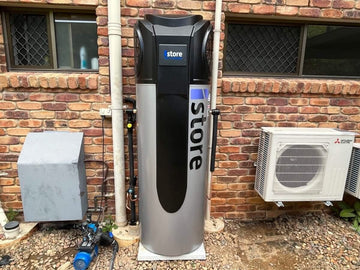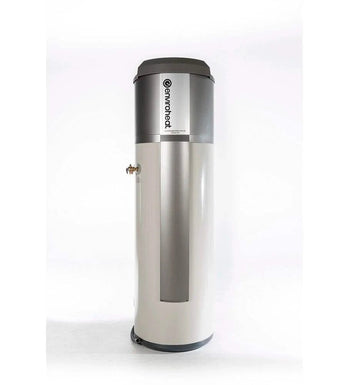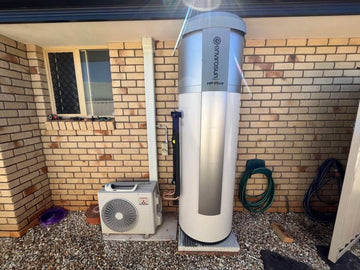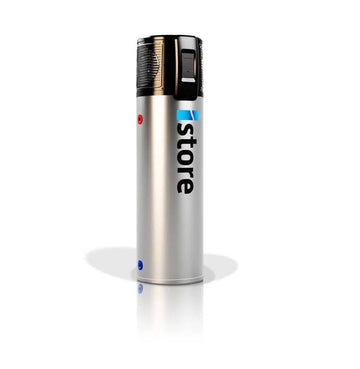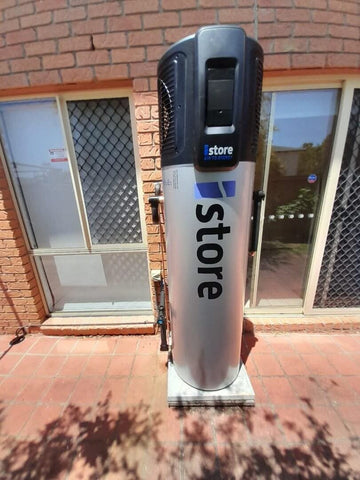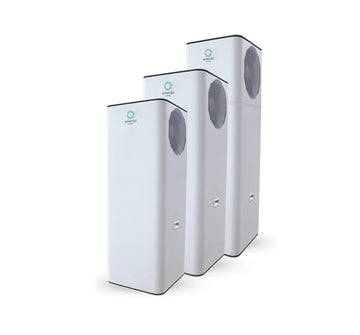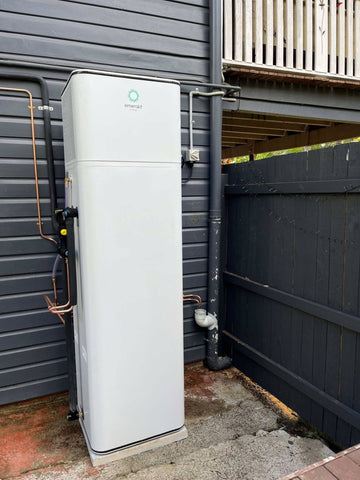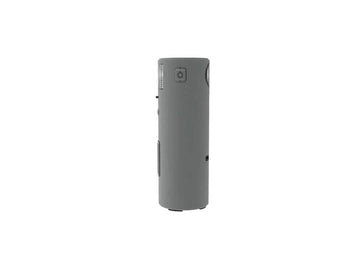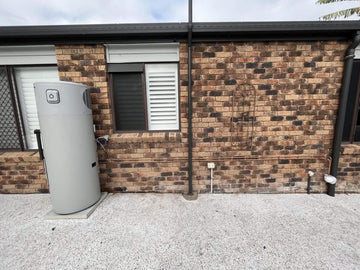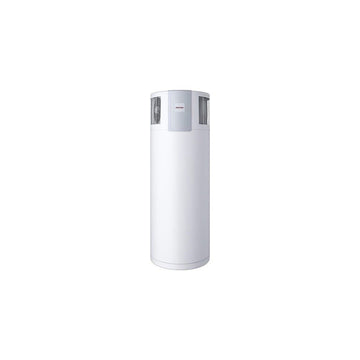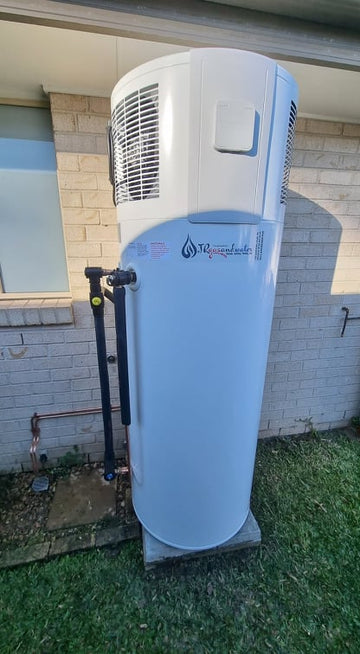Heat Pump Hot Water Systems: The Smart Choice for Efficiency & Long-Term Savings
Looking to reduce energy bills and go green? Heat pump hot water systems offer outstanding performance, environmental benefits, and real savings. This comprehensive guide walks you through how they work, what to consider before installing, and how to maximise value.
🔑 Key Takeaways
-
✅ Energy Efficiency: Transfers heat from the air, using up to 70% less energy than traditional electric systems
-
✅ System Types: Choose between integrated (all-in-one) or split systems for noise and space flexibility
-
✅ Sizing: Select based on household size to ensure reliable hot water without wasting energy
-
✅ Financial Incentives: Eligible for government rebates and long-term energy savings
-
✅ Professional Installation & Maintenance: Keeps your system efficient and long-lasting
🔍 How Heat Pump Hot Water Systems Work
Heat pumps extract heat from ambient air and transfer it to water in a storage tank — like a reverse fridge. This makes them significantly more efficient than conventional electric water heaters.
🔧 Key Components:
-
Evaporator – Absorbs heat from surrounding air
-
Fan – Draws in air to initiate heat transfer
-
Compressor – Increases refrigerant temperature
-
Heat Exchanger – Transfers heat from refrigerant to water
-
Storage Tank – Holds hot water
-
Backup Element (Optional) – Assists in colder temperatures
🔁 Step-by-Step Operation:
-
Ambient air is drawn in
-
Refrigerant absorbs heat
-
Heat is compressed and transferred to water
-
Hot water is stored and maintained efficiently
🆚 Integrated vs Split Systems
| Type | Description | Best For |
|---|---|---|
| Integrated | Tank and heat pump combined in one unit | Small yards, simpler install |
| Split System | Heat pump separate from tank | Flexible installs, quieter near bedrooms |
📏 Sizing Recommendations
| Household Size | Recommended Tank Size |
|---|---|
| 1–2 People | 150L–200L |
| 3–4 People | 250L–300L |
| 5+ People | 315L–400L |
💡 Tip: An undersized system can run out of hot water. Let a professional assess your household needs.
🔇 Noise Levels
Heat pumps operate at 38–51 dBA (like a quiet fridge).
📍 For minimal disruption, position the unit:
-
Away from bedrooms
-
On a concrete slab
-
With clearance for airflow
🔧 Installation & Maintenance Tips
✅ Professional Installation Includes:
-
Correct positioning for performance
-
Safe connection to plumbing and power
-
Compliance with local building codes
🧼 Maintenance Checklist:
-
Clean air filters every 6 months
-
Flush tank annually
-
Replace anode rod every 5 years
-
Inspect for leaks regularly
💰 Financial Benefits & Rebates
🔋 Long-Term Savings:
Heat pump hot water systems save 50%–80% on water heating energy use — translating to thousands of dollars over their lifespan.
🏆 Government Rebates:
Eligible for multiple incentive programs:
-
STCs (Small-scale Technology Certificates)
-
State-based rebates
-
Income-based incentives
📌 Check Energy.gov.au and your state rebate programs for eligibility.
🌞 Maximise Efficiency with Smart Strategies
☀️ Solar PV Pairing:
Install alongside solar panels for almost free hot water. Ideal for homes with rooftop solar.
⏰ Off-Peak Tariffs:
Schedule heating during lower-rate periods for maximum savings.
✅ Summary
-
Heat pumps are eco-friendly, efficient, and eligible for rebates
-
Choose between integrated or split systems
-
Size your system to your household to prevent shortages
-
Combine with solar and off-peak tariffs to save even more
-
Maintain your system to extend lifespan to 15+ years
❓ Frequently Asked Questions
Are heat pump hot water systems worth it?
Yes – energy savings and rebates make them a smart investment.
How much do they cost?
$2,500 – $4,500 installed (before rebates).
Can they run out of hot water?
Only if undersized. Choose the right capacity for your household.
What are the downsides?
Higher upfront cost and slightly reduced efficiency in very cold areas.
How can I increase efficiency?
Use off-peak electricity, clean filters regularly, and pair with solar.
🔧 Let JR Gas & Water Help You Make the Switch
✔ Trusted professionals for heat pump installation in Brisbane & Gold Coast
✔ Flexible payment options: Humm, ZipPay, Afterpay
✔ Rated Best Plumber & Home Care Store 2023, 2024 & 2025


